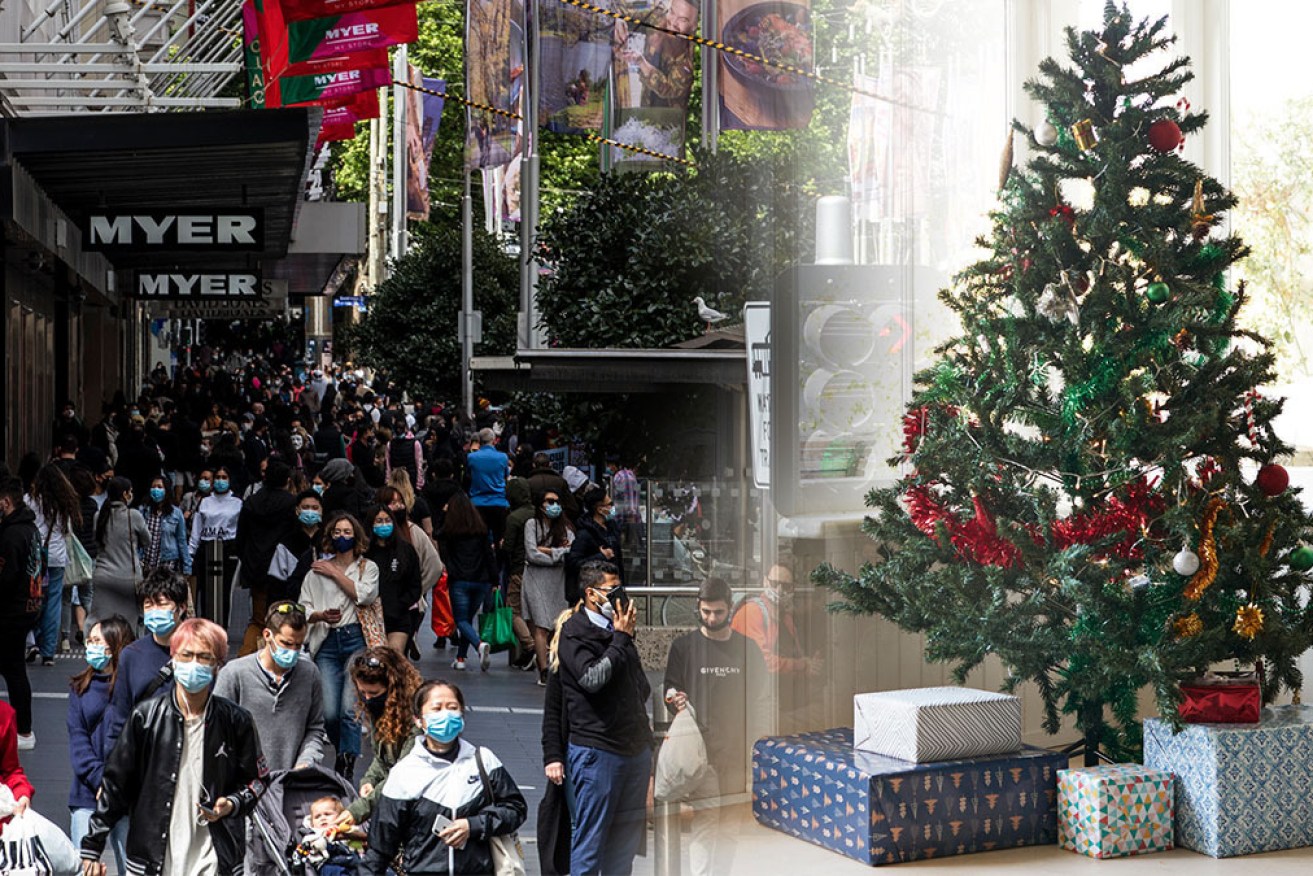Christmas spending may bring less cheer to retailers than first hoped: Report


New research suggests Australians may tighten their purse strings this Christmas. Photo: TND
Australian retailers have made their Christmas wish list and checked it twice – but depending on who you ask, the traditionally busy festive period may bring a little less cheer this year.
Both department stores and smaller outfits are banking on shoppers to raise their spending in the lead up to Christmas, but new research from Monash University has cast doubt over the much-needed cash injection.
The university’s business school found nearly a quarter of shoppers planned to spend less on presents for their immediate family (24 per cent), extended family (23 per cent) and friends (24 per cent).
And two-thirds said they would postpone their usual spending until Boxing Day to take advantage of sales or special deals.
Tweet from @retailaustralia
Monash University Australian Consumer and Retail Studies principal research consultant Stephanie Atto told The New Daily concerns over border closures, which may prevent some families from gathering over Christmas, were a significant factor in the forecast drop in spending.
“We also noticed many people’s jobs and household incomes had been impacted, finding 44 per cent of Australian shoppers who were either in the workforce or unemployed and looking for work had their income hit by COVID-19,” Ms Atto said.
“But with some of the borders now confirmed to be opening in time for Christmas, we may see a spike in people’s attitudes to their spending.”
The Monash research, the latest in a series of monthly check-ins with more than 1500 shoppers, also found that half would shop at COVID-safe bricks and mortar stores.
Christmas may bring more cheer after all
However, the Monash findings come after research from big banks and major consultancy firms presented a more optimistic outlook.
Westpac, whose measure of consumer attitudes to their finances recently rose to a seven-year high, found 11.5 per cent of shoppers were preparing to spend more cash this silly season.
And despite 32.3 per cent planning to spend less this Christmas, the economists at the big four banks said the results were on par with previous Christmas periods.
“Given the high degree of uncertainty this Christmas, and the headwinds from the high unemployment rate, it is a very encouraging sign that Australians are planning for a normal Christmas,” Westpac chief economist Bill Evans said.
Tweet from @masters_joanne
Deloitte’s annual Retailers’ Christmas Survey also revealed 39 per cent of store owners forecast their earnings over the festive period would exceed last year’s by more than 5 per cent.
That compared to nearly a quarter who said their sales would shrink by 5 per cent.
Meanwhile, EY Oceania Consumer Products & Retail Leader Lisa Nijssen-Smith told The New Daily EY’s latest Future Consumer Index showed further encouraging signs for retailers.
Of the two in five Australians expected to participate in this week’s Black Friday and Cyber Monday sales, 57 per cent intended to spend the same amount compared to last year.
“Our data shows that in the last four weeks consumers have begun to loosen their purse strings and are looking much more optimistic as the festive season approaches,” Ms Nijssen-Smith said.
“In October, 40 per cent of Australians said they intended to spend less over the Christmas break than they did last year. In November, that figure was down to 37 per cent, with 13 per cent planning to spend more.”
Tweet from @ANZ_Research
What’s more, ANZ found the reopening of Melbourne’s economy could hold the key to a bumper pre-Christmas period, with retail purchases in Victoria up 10 per cent year on year in the week to November 9.
ANZ economist Adelaide Timbrell told The New Daily although it’s likely retail spending will rise despite COVID-19’s effect on household finances, the biggest risk factor for the sector is pent-up demand for travel.
In other words, many families could substitute lavish gifts for loved ones with much-needed getaways and trips.
“With household savings rates very high over the downturn, there is probably a lot of wriggle room for people to be spending more money this year,” Ms Timbrell added.
“And for those who may not be able to see family at Christmas, they may spend a little bit extra on gifts as a replacement for in-person contact.”
Ms Timbrell also noted with large-scale social gatherings like concerts forbidden in most states, spending has flowed to the retail sector – a trend she believes will continue into the Christmas spending period.








